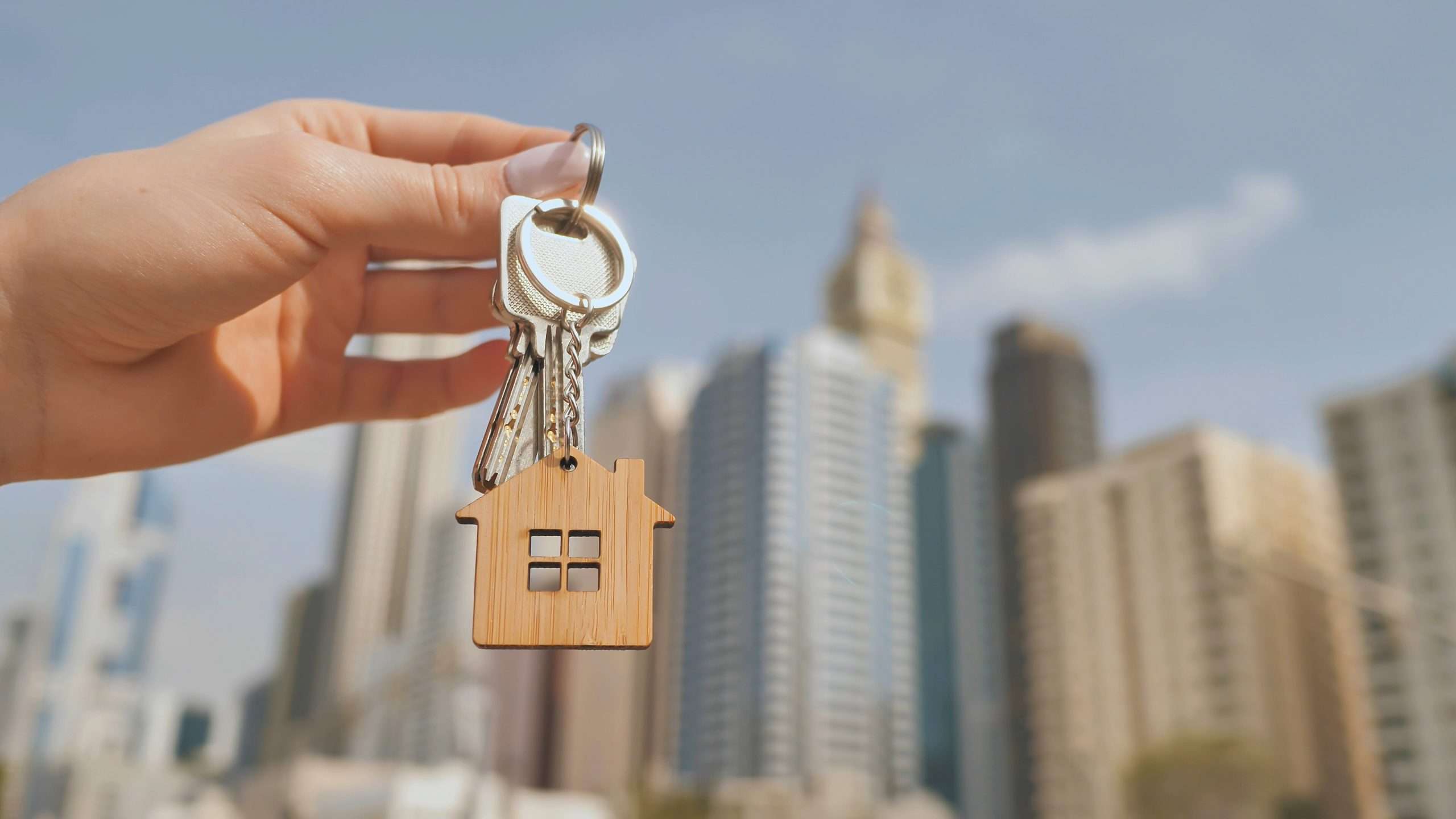Legal Aspects of Owning Property in Dubai: A Comprehensive Guide

Owning property in Dubai offers an exciting opportunity for both residents and investors alike.
The city’s dynamic real estate market and modern infrastructure have made it a desirable location for property ownership.
However, navigating the legal intricacies of owning property in Dubai requires a thorough understanding of the local laws and regulations.
Ownership Types:
- Dubai offers various ownership structures to accommodate different needs and preferences.
- The two primary ownership types are freehold and leasehold. Freehold ownership grants the owner complete rights over the property, while leasehold ownership involves a lease agreement for a specific duration.
Registration and Documentation:
- Property ownership in Dubai must be registered with the Dubai Land Department (DLD).
- This registration process ensures the property’s legal protection and ownership rights.
- Buyers and sellers must adhere to specific documentation requirements, including a sale and purchase agreement, a no-objection certificate, and a valid ID.

Real Estate Agents:
- Working with a licensed real estate agent is crucial when buying or selling property in Dubai.
- Licensed agents are well-versed in local laws and regulations and can guide you through the transaction process while ensuring compliance with all legal requirements.

Financing and Mortgages:
- However, mortgage terms and eligibility criteria may differ for each category. Understanding the financing options and mortgage regulations is essential before making a property investment.
Taxes and Fees:
- Dubai’s tax environment is favorable for property owners. There is no personal income tax or capital gains tax on property sales.
- However, buyers need to be aware of other costs, such as property registration fees, transfer fees, and service charges for maintenance and amenities in certain developments.

Property Management and Renting:
- If you’re considering renting out your property, be aware of Dubai’s tenancy laws and rental regulations.
- These laws dictate lease agreements, security deposits, and eviction procedures, ensuring a fair and transparent rental process.
Property Management and Renting:
- If you’re considering renting out your property, be aware of Dubai’s tenancy laws and rental regulations.
- These laws dictate lease agreements, security deposits, and eviction procedures, ensuring a fair and transparent rental process.

Estate Planning and Inheritance:
- Understanding how property ownership impacts estate planning and inheritance is crucial.
- Sharia law applies to inheritance matters for Muslim property owners, and it’s recommended to consult legal advisors to ensure your property is distributed according to your wishes.
Owning property in Dubai presents an exciting opportunity for residents and investors alike.
To navigate the legal aspects successfully, a deep understanding of ownership types, registration procedures, taxes, and potential challenges is essential.
By staying informed and seeking professional guidance, you can confidently embark on your property ownership journey in Dubai’s vibrant real estate market.





